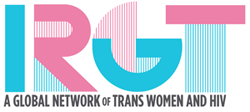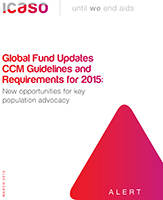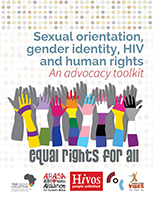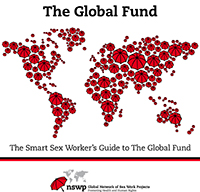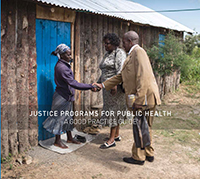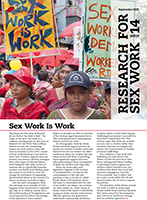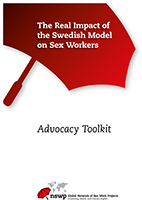
This alert provides information and practical guidance for civil society organizations and key population networks on the updated country coordinating mechanism (CCM) Eligibility Requirements which came into effect January 1, 2015. The alert is also available in French, Russian, and Spanish.
Year of publication:
2015
